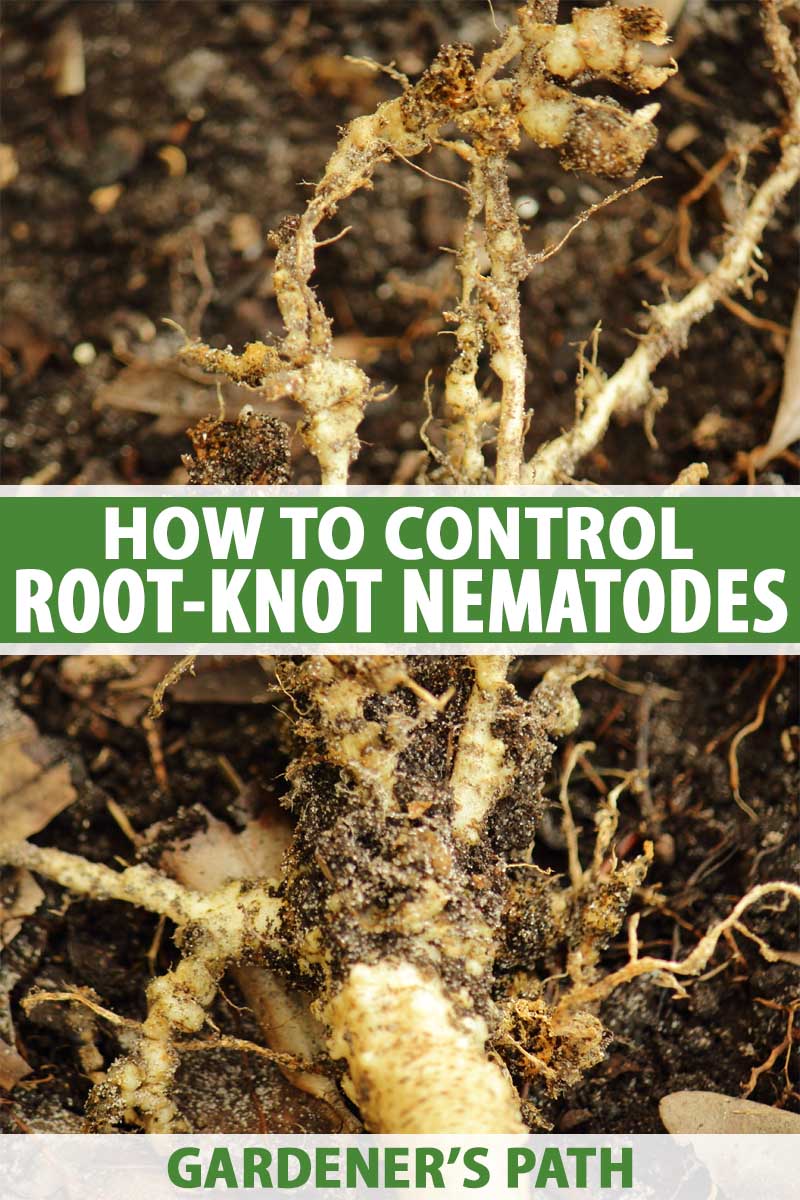Introduction
Nematodes are microscopic roundworms that live in soil and can cause serious damage to garden plants. While some nematodes are beneficial, others attack plant roots, leading to stunted growth, yellowing leaves, and reduced yields. Controlling nematodes in the garden is essential for maintaining vibrant, healthy plants and ensuring a bountiful harvest. This article explores proven strategies to identify, manage, and prevent harmful nematode infestations using expert-backed methods.
What Are Nematodes and Why Are They a Problem?
Understanding Plant-Parasitic Nematodes
Nematodes are tiny, worm-like organisms found worldwide in soil. Plant-parasitic nematodes feed on roots, disrupting the plant’s ability to absorb water and nutrients. Common harmful species include root-knot nematodes (Meloidogyne spp.), lesion nematodes, and cyst nematodes. These pests cause symptoms such as root galls, lesions, and wilting.
Impact on Garden Plants
- Reduced nutrient uptake
- Stunted plant growth
- Wilting and yellowing leaves
- Lower crop yields
Research indicates that nematode damage can cause up to 10-15% yield loss globally in vegetable gardens, emphasizing the need for control.
How to Identify Nematode Damage in Your Garden
Visual Symptoms
Look for uneven plant growth, yellow patches, and wilting despite adequate watering. Root inspection often reveals swollen galls or damaged root systems.
Soil Testing
Professional soil analysis can detect nematode presence and population density. Many extension services offer nematode testing to accurately diagnose infestations.
Proven Methods to Control Nematodes in the Garden
1. Crop Rotation
Rotating susceptible crops with non-host plants interrupts the nematode life cycle. For example, planting legumes or grasses after tomatoes can reduce root-knot nematode populations.
2. Soil Solarization
This eco-friendly method uses clear plastic sheets to trap solar heat, raising soil temperature to levels that kill nematodes. Solarization works best during hot summer months and can reduce nematode numbers by up to 90%.
3. Organic Amendments
Adding organic matter such as compost or green manure improves soil health and encourages beneficial microorganisms that suppress nematodes. Materials like neem cake have nematicidal properties.
4. Resistant Plant Varieties
Selecting nematode-resistant or tolerant plant cultivars can minimize damage. Many seed catalogs now highlight varieties bred for nematode resistance, especially for tomatoes and cucumbers.
5. Biological Controls
Beneficial nematode predators and fungi, such as Paecilomyces lilacinus, naturally reduce harmful nematode populations. These biological agents are available commercially and can be integrated into pest management.
6. Chemical Nematicides
While effective, chemical nematicides should be used as a last resort due to environmental concerns. Always follow label instructions and consider safer alternatives first.
Best Practices to Prevent Nematode Infestations
- Avoid planting susceptible crops repeatedly in the same spot.
- Maintain healthy soil with balanced nutrients and organic matter.
- Use certified disease-free seeds and transplants.
- Clean gardening tools to prevent nematode spread.
Real-World Example: Successful Nematode Control
A community garden in California implemented soil solarization combined with crop rotation and organic amendments. After one growing season, nematode populations dropped by 85%, resulting in healthier plants and increased yields. This case highlights the effectiveness of integrated control strategies.
Conclusion
Controlling nematodes in the garden requires a multi-faceted approach combining cultural practices, biological controls, and, when necessary, chemical treatments. Early identification and proactive management can protect plants from root damage and ensure robust growth. By adopting crop rotation, soil solarization, organic amendments, and resistant varieties, gardeners can sustainably reduce nematode threats and enjoy thriving, productive gardens.
Take action today by testing your soil and implementing these expert-recommended strategies to keep nematodes in check and your garden flourishing.
